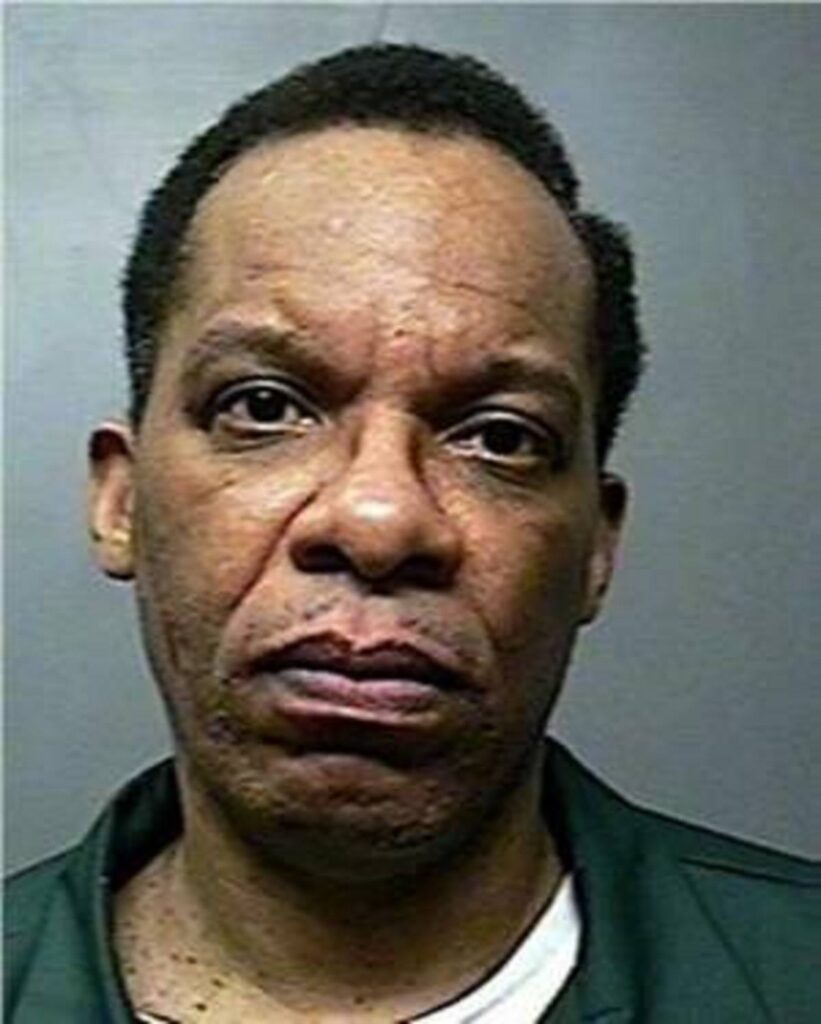
Selwyn Days
By Dan Murphy
Former Westchester District Attorney Mimi Rocah, in the final days of her term, vacated the conviction of Selwyn Days, who has spent 16 years in prison for the murders of two in Eastchester in 1996. Rocah’s Conviction Integrity Unit was able to identify two other suspects that they believe are behind the killings.
On Dec. 30, Rocah announced, “An extensive and ongoing investigation undertaken by my Conviction Review Unit, following a request in 2023, has identified two individuals involved in the murders of Archie Harris and Betty Ramcharan and no connection to Selwyn Days, who was previously charged.
“As we undergo a change in administration at the DA’s Office this week, it is my hope that these significant developments lead to continuing investigation and action so that justice can be achieved for the families of Mr. Harris and Ms. Ramcharan.”
Selwyn Days was tried five times for the murder of Archie Harris, 76, in his Eastchester home. His health aide, Betty Ramcharan, 35, was also in the house and killed in 1996 in one of the most talked about crimes in Westchester County.
Days was acquitted by a Westchester County jury in 2017–the fifth time he was tried by the Westchester County District Attorney’s Office–for the killings of Harris, 79, and his home health aide Ramcharan, 35, in Harris’s Eastchester home in November 1996. Of the four earlier trials, two ended in hung juries, and two resulted in the overturning of Days’ convictions for second-degree murder after an appellate court found significant legal errors.
However, Days spent 16 years in prison during the course of his five trials. The case against Days was based on a false confession he gave to Eastchester Police. There was never any DNA evidence or witness testimony against him, and Days always maintained his innocence.
Former Westchester District Attorneys Jeanine Pirro, Janet DiFiore, and Anthony Scarpino prosecuted the cases against Days.
Pace University Elisabeth Haub School of Law Professor Bennett Gershman said, “It’s a sad, tragic case of the criminal justice system not functioning and the DA’s Office being too zealous and not looking closely at the proof.
“This is an unusual case, but five trials seem like a record in Westchester. You have to fault the prosecutors for pushing ahead and ahead with no hope of getting a conviction. Prosecutors committed errors in two trials, and there were two hung juries in another two trials.
“The prosecutors didn’t struggle with this enough before the five trials. They just went with, “We have a confession, let’s go. “There should have been more skepticism, and only then should they have moved forward.
“This case also shows that juries make mistakes. And when you don’t have any DNA evidence, that’s a problem. At the time, he said he was innocent. Finally, in the end, a jury acquited, but he didn’t have to go through losing 16 years of his life.
“His confession was unreliable; the police pushed and, I think, coerced him. And race also plays a part in this case,” said Gershman.
Jeffrey Deskovic was wrongfully convicted in 1990 of ed of raping, beating, and strangling his Peekskill High School classmate, Angela Correa. In 2006, DNA testing at a crime scene led to the arrest of Steven Cunningham. Deskovic is now an attorney and founded the Jeffrey Deskovic Foundation for Justice, which he established.
In 2011, Deskovic covered the third Days trial, wrote about it for The Westchester Guardian, and faulted then DA Janet DiFiore for not considering DNA evidence during the two prosecutions from her Office of Days. “Westchester District Attorney Janet DiFiore, who is a co-chair of Court Of Appeals Chief Judge Lippman’s Wrongful Conviction Panel, should be ashamed of herself for preventing the defense in this case from utilizing the DNA database, having allowed me that opportunity which resulted in my exoneration.
“Judge Warhit had previously denied the defendant a fair trial when, prior to trial, he refused to permit defense attorneys the opportunity to compare DNA samples from the crime scene with state and federal DNA database, in an effort to identify the actual perpetrator.
“By his ruling, Warhit very well may have prevented the actual perpetrator from ever being identified. Selwyn Days should have been given every opportunity to prove his innocence.
“What did they have to lose? After all, if the perpetrator was finally identified, he or she could have been brought to justice while simultaneously preventing another wrongful conviction,” wrote Deskovic.
Gershman added, “DiFiore refused to look at the DNA. I fault her and the prosecutor in her Office for being complacent and less than professional. It’s a sad day when you have to say to the prosecutors you are responsible for this man spending 16 years in prison. You should be ashamed of yourselves.”
The question now becomes, who killed Archie Harris and Betty Ramcharan? Rocah hinted in her statement that her office “has identified two individuals involved in the murders.”
Many DNA cases identify a suspect serving a prison sentence for another crime. But with today’s expanded reach of DNA evidence, through genealogy websites and other services, the killer could be free 28 years after this horrible murder caught the attention of the country.
Congratulations to DA Rocah and her convictions unit. Under DA Rocah, the Office’s investigation was led by the Criminal Investigators Squad’s dedicated CRU/Cold Case investigator, James Menton. Menton is a 30-year law enforcement veteran and decorated former NYPD detective who served on the FBI Safe Streets Task Force.





